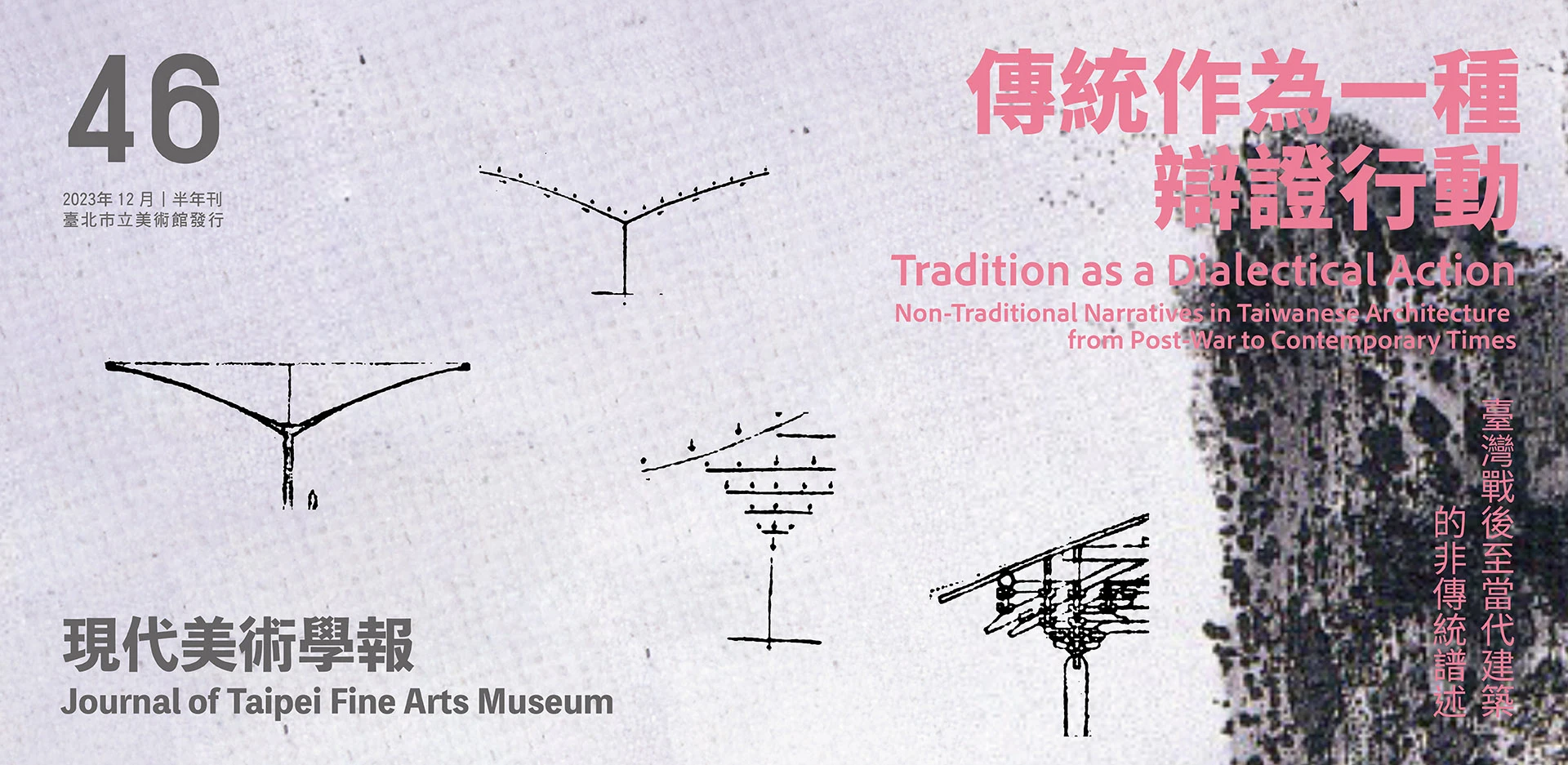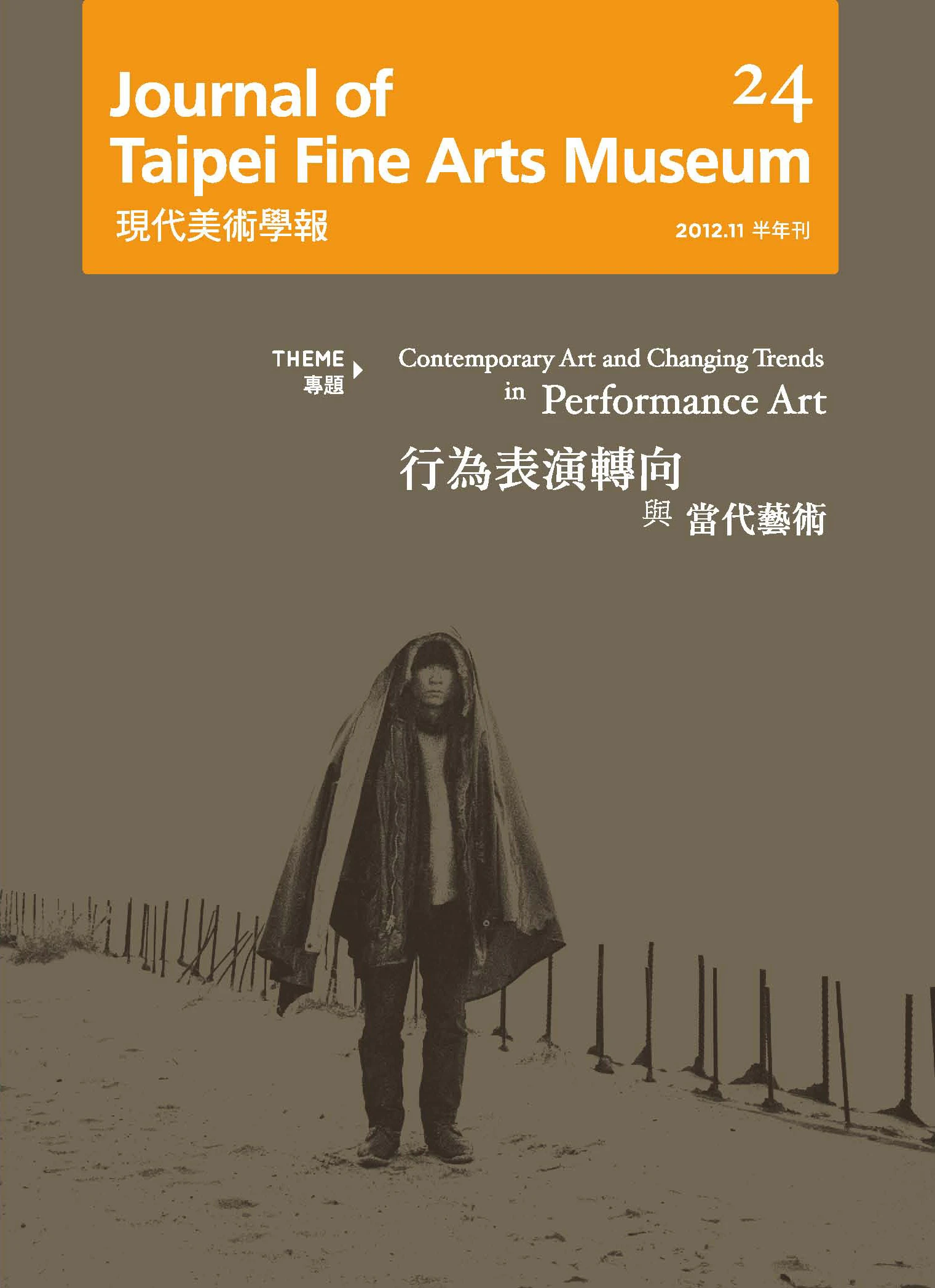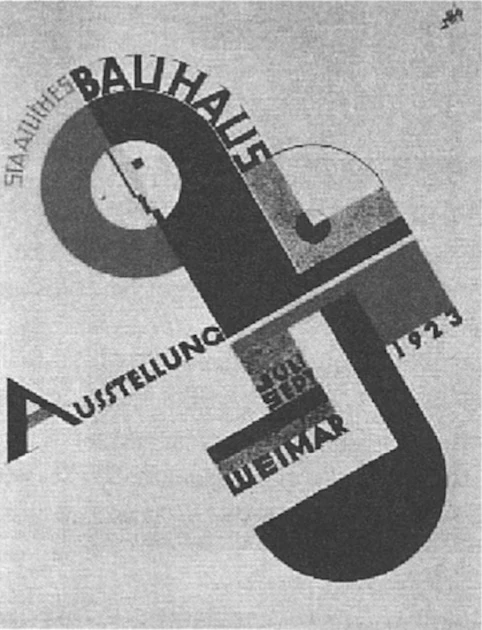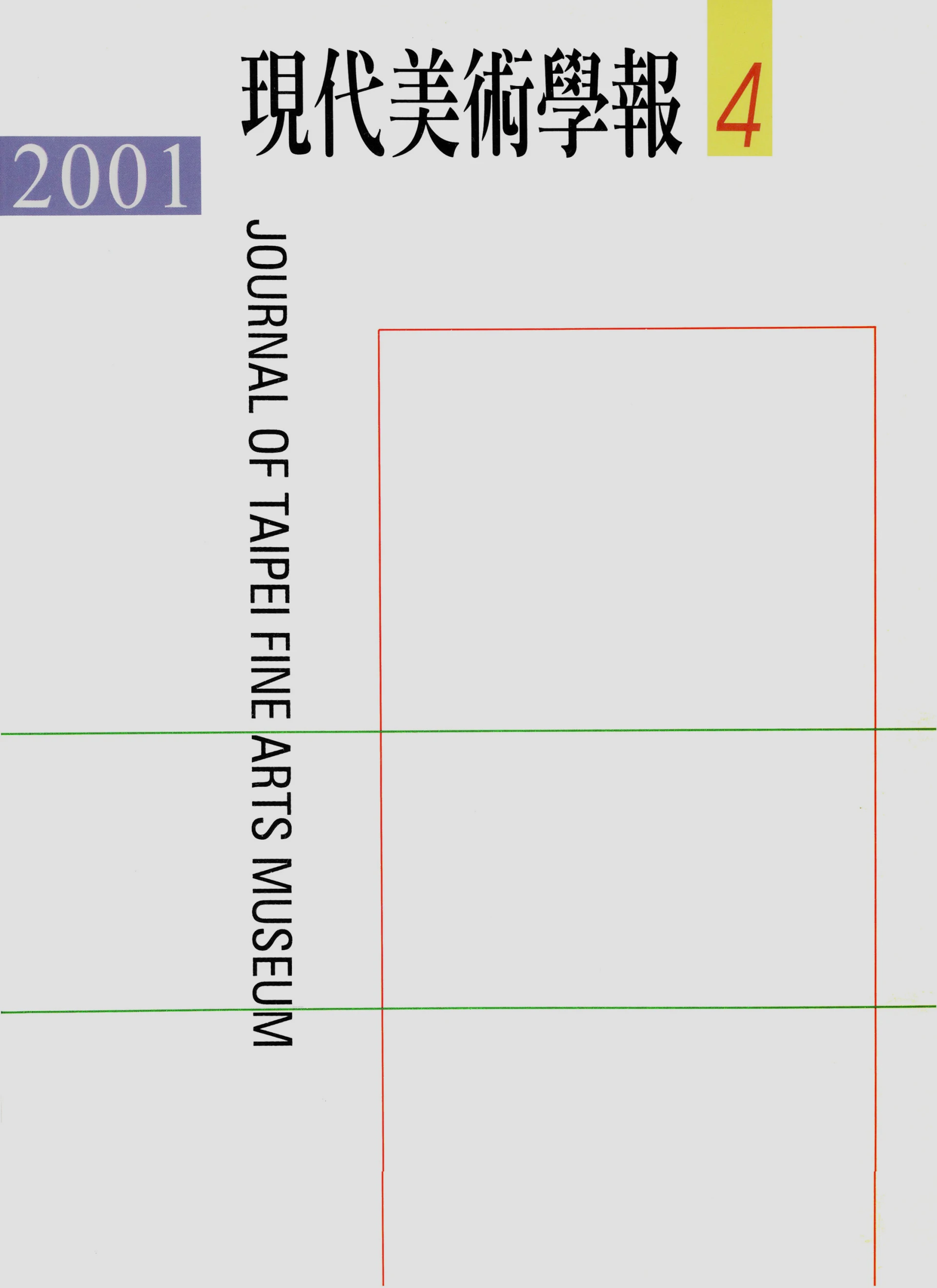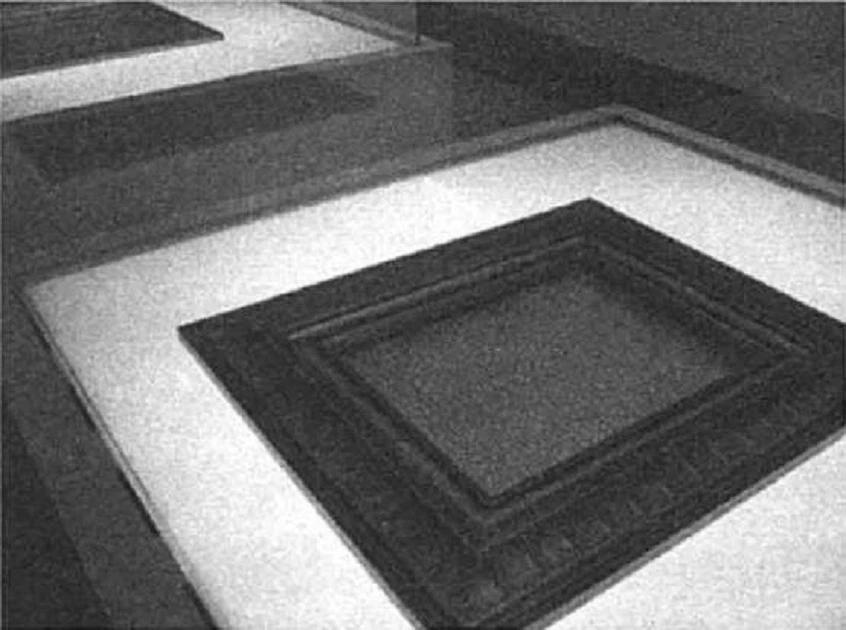摘要
「差異與重複」的理論是德勒茲著作《差異與重複》關於藝術表達與觀看之基礎觀點,本文主要尤其針對其中「差異」理論,對於藝術創造性思維與超越的啟示,了解相關論點,希望探究出其中啟示前衛藝術創造本質上應追求的重要方向。德勒茲強調要在一種單義性的普同存在觀點中,關注個性化的差異細節,透過非概念分類性的直接類比表達,並強調操作現場的探索,去測試並表現,這也應該是前衛藝術追求自由與超越的價值與目的。若是錯誤的誤以為單義性是將所有事物看作一樣,固執於再現相似性概念原則,其實並非德勒茲單義性與差異理論的真義,本文希望能對臺灣當前的藝術創作思維環境有某種省思作用。
藝術創造性的力量,不是來自於精神分析學的美學觀與符碼化的模式,而是來自死亡直覺與單義性的力量。本文針對前衛藝術提出三個至關重要的追尋方向,即:一是追求單義性解放的自由意志;二是無中介的差異感觸做類比表達;第三則是操作場域的感知與測試。 即便在此新科技世代裡,德勒茲的差異與重複理論,依然展現無比的啟示力量。
關鍵詞
德勒茲、差異與重複、單義性、探索超越、前衛藝術
Abstract
The theory of "difference and repetition" from Deleuze's book Difference and Repetition serves as the foundation of his views on artistic expression and observation. This essay especially focuses on his theory of "difference" and seeks to understand the points of his theory in regards to the thought process and transcendent revelations of artistic creativity, and further hopes to explore how these revelations inform the creative direction and pursuits of the avant-garde as they make art. Deleuze emphasizes that from the viewpoint of the univocity of Being, attention should be paid to details of individual difference and expressed through direct analogies and without reference to conceptual categories. He proposed that discovery can come through manipulation of the site, that experimentation can be a means of expression, and that these should be the goals of the avant-garde as they pursue freedom and transcendental values. If it is a mistake to assume that univocity regards all objects as being the same and stubbornly adheres to the principle of recurring similarities - this is not the true meaning of Deleuze's theory of univocity and difference. Through these ideas, this essay hopes to offer useful reflection on the theoretical concerns underlying the past and present creation of art in Taiwan.
The power of artistic creativity does not originate in aesthetics as defined by models of psychoanalysis and semiology, but rather arises from the intuition of death and univocity. This essay proposes three crucial directions for exploration by the avant-garde: firstly, the univocal liberation of free will; secondly, the unmediated expression of analogy and difference; and thirdly, the perception and experimentation at the site of manipulation. Even in this new technological era, Deleuze's theory of "difference and repetition" continues to exhibit an unmatched intensity.
Keywords
Deleuze, difference and repetition, univocity, the transcendental, avant-garde

